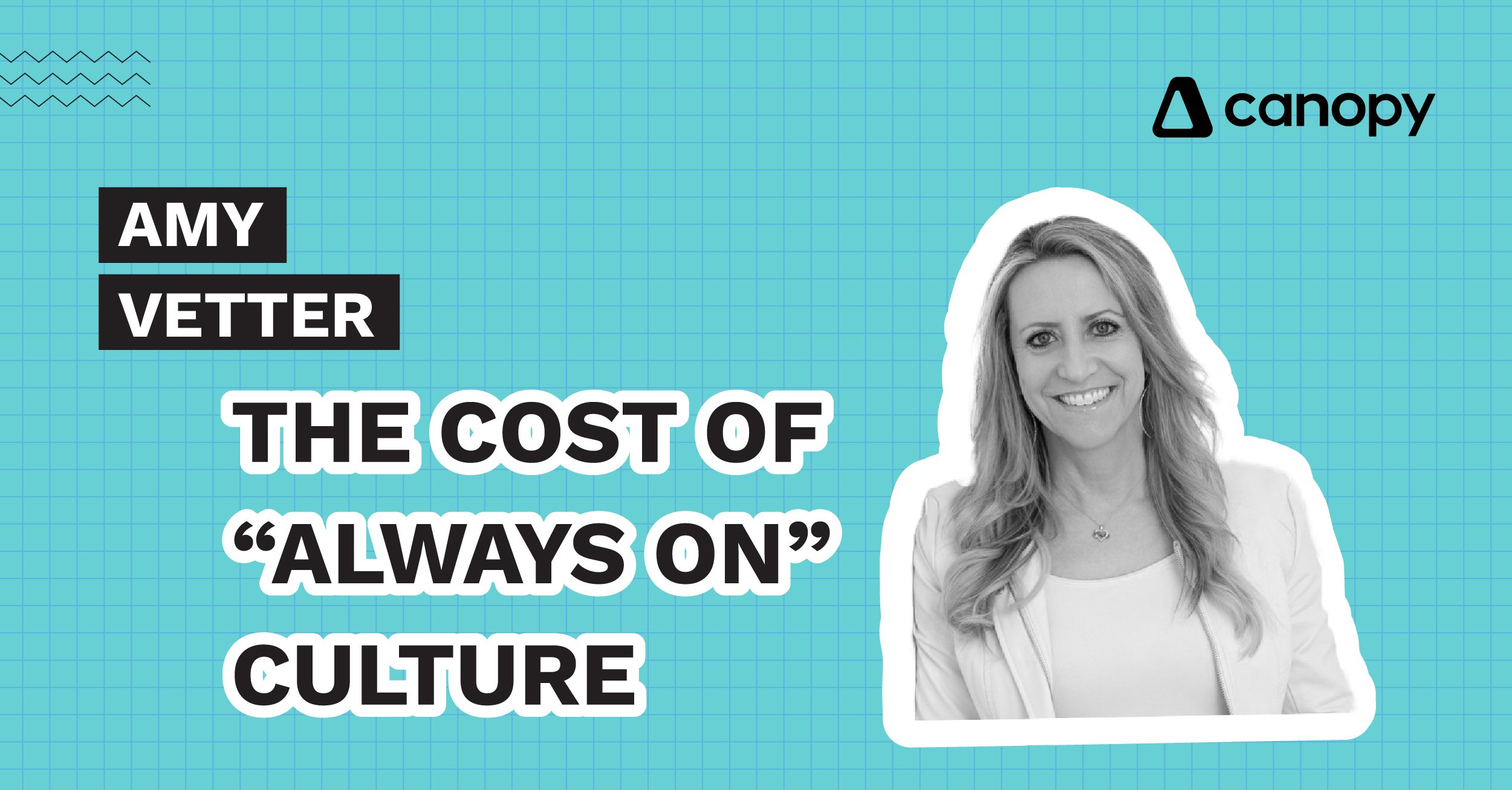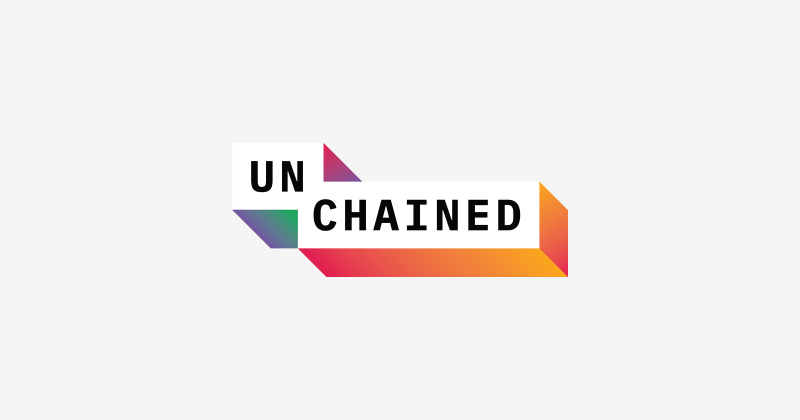Staying comfortable might feel safe, but it’s costing your firm more than you think. Discover how breaking routine and embracing AI can unlock growth, efficiency, and relevance in today’s accounting landscape.
Jump to ↓
A recent article from the Harvard Business Review found that organizations that fail to adapt to new technologies lose up to 25% of their potential revenue annually due to inefficiencies and missed opportunities. This loss is not just about direct revenue, but also encompasses decreased productivity, stifled innovation, and higher operating costs.
For accounting firms, this isn’t just a warning — it’s a high alert. In a profession built on trust, accuracy, and timely advice, many accountants remain steadfast in their comfort zones, relying on familiar tools and legacy systems.
However, while staying the course may feel safe, it can silently erode your firm’s growth, relevance, and revenue.
How a ‘good enough’ mindset undermines growth potential
It’s easy to assume that what worked yesterday will continue to work tomorrow. If your clients are still coming through the door and deadlines are met, then surely everything is fine, right? Wrong.
In the age of AI and accelerating digital transformation, “good enough” is no longer good enough. What’s worse is that the actual cost of inaction is often hidden. Whether it’s lost revenue, lower team morale, or growing gaps between client expectations and your firm’s capabilities, remaining in the “how we’ve always done it” mindset can make it harder to keep pace. If this sounds familiar, it’s time to reexamine the routines you’ve normalized and explore how stepping out of them can revolutionize your firm.
Consider this: Firms that remain tied to manual processes and outdated software are quickly being outpaced by competitors that embrace AI-powered tools. These forward-looking firms deliver faster, more accurate, and more insightful services. Failing to keep up can result in reputational risk and a threat to client retention.
Further, today’s clients expect more than just accurate tax filings. They want proactive advice, digital convenience, and real-time insights. AI enables your firm to deliver on these expectations by analyzing vast amounts of data quickly and providing tailored recommendations. Without modern advisory tools, your firm may appear sluggish or disconnected from client needs, potentially driving them elsewhere.
AI opens new doors to high-margin client services such as advisory, risk analysis, and strategic forecasting. Firms that resist change may miss out on these opportunities, choosing instead to remain stuck in transactional compliance work.
As automation takes over lower-level tasks, firms that implement AI-powered solutions can offer more meaningful and technology-driven work to attract and retain quality talent. That’s why embracing change isn’t just about efficiency — it’s about unlocking new revenue streams, boosting staff engagement, and strengthening client relationships.
Uncovering the hidden risks in familiar territory
Accounting firms that choose familiarity over innovation risk becoming obsolete. However, those who embrace change are positioned for success. But how do you know if your firm has fallen into the trap of complacency?
Operational inefficiency. Manual processes and outdated systems are time-consuming and prone to human error. AI can automate repetitive tasks like data entry, reconciliation, and compliance checks, thus freeing up staff to focus on higher-value work. Accounting firms that stay in their comfort zone miss out on these efficiency gains and remain bogged down by administrative tasks.
Regulatory changes. Relying on generic internet sources, legacy databases, or manually updated materials can result in the use of outdated or incomplete information. In a landscape where tax laws and compliance rules evolve rapidly, this can lead to inaccurate advice or even liability exposure. This doesn’t just put clients at risk — it also undermines the credibility of the firm.
Verification issues. Without robust verification tools, it becomes increasingly difficult to confirm the accuracy and reliability of research sources — especially when multiple team members are working independently. This lack of consistency introduces risk across your client base.
Data privacy. Manual or outdated data handling processes pose significant security risks. Without encryption, controlled access, or compliance-grade retention protocols, client data may be vulnerable to breaches or accidental exposure. As cyber threats become more sophisticated, firms need modern tools that prioritize privacy and security.
Talent retention. Younger professionals increasingly expect to work with modern tools and technologies. Firms that cling to traditional ways of working may struggle to attract and retain top talent, especially those who value innovation, flexibility, and purposeful work over routine compliance work.
The answer? A professional-grade, industry-specific AI-powered tax solution can ensure that your firm avoids these costly missteps and harnesses technology for sustainable growth, better client relationships, and a more engaged staff.
Are you ready to break out of your comfort zone?
The cost of standing still in today’s fast-paced accounting landscape is steep. Firms that fail to adopt modern tools risk losing their competitive edge and eroding the trust of clients who are increasingly seeking faster, more innovative solutions.
If you’re ready to break out of your accounting firm’s comfort zone, check out our latest webinar: Technology and the future of the modern tax accountant.




























